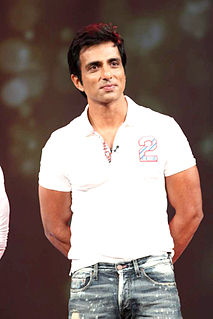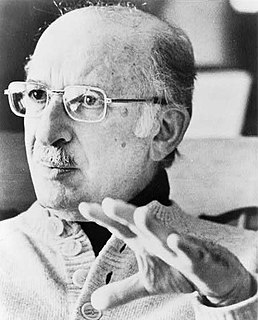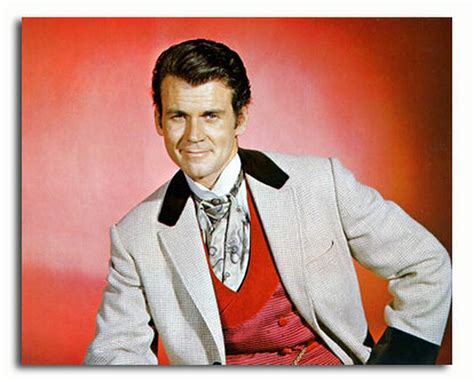A Quote by David Means
I write first drafts by hand, often out of the house somewhere, and then, when I've got a draft, type it up and let it sit, sometimes for a long time, and then when I'm ready, I work on revision.
Related Quotes
It can take years. With the first draft, I just write everything. With the second draft, it becomes so depressing for me, because I realize that I was fooled into thinking I'd written the story. I hadn't-I had just typed for a long time. So then I have to carve out a story from the 25 or so pages. It's in there somewhere-but I have to find it. I'll then write a third, fourth, and fifth draft, and so on.
I'm not typing. I write only by longhand. I've always written first drafts by hand and then once I was into a second or third draft I wrote insert pages on a typewriter. But I got rid of all my typewriters about three or four novels ago and now I do everything by hand. I write by hand because it makes me go slow and going slow is what I like.
I remember Emilio [Estevez] and I were at John's house during the rehearsal process. And John [Huges] had mentioned he wrote the first draft of Breakfast Club in a weekend. And we both at the same time went, "First draft? How many do you have?" And John said he's got four other drafts. And we go, "Can we read them?" And for the next three hours, Emilio and I read those other four drafts.
The best advice on writing was given to me by my first editor, Michael Korda, of Simon and Schuster, while writing my first book. 'Finish your first draft and then we'll talk,' he said. It took me a long time to realize how good the advice was. Even if you write it wrong, write and finish your first draft. Only then, when you have a flawed whole, do you know what you have to fix.
I'm pretty obsessive-compulsive and I'm very fast. I tend to not write for a long period of time until I can't not write, and then I write first drafts in gallops. I won't eat right. I forget to do my laundry. I have a dog now, and I have to remember to walk him. When I write, that takes over and I can't do anything else. There's something exciting about that free fall, but then my life gets really screwed up. I've lost lots of relationships because of my having to ignore everything.
The longer I write, the more important I believe it is to write the first draft as fast as possible. In drafting, I push myself so I am at the edge of discomfort...Later, it will be time for consideration and reconsideration, slow, careful revision and editing. But on the first draft I have to achieve velocity, just as you do if you want the bike to balance.






































